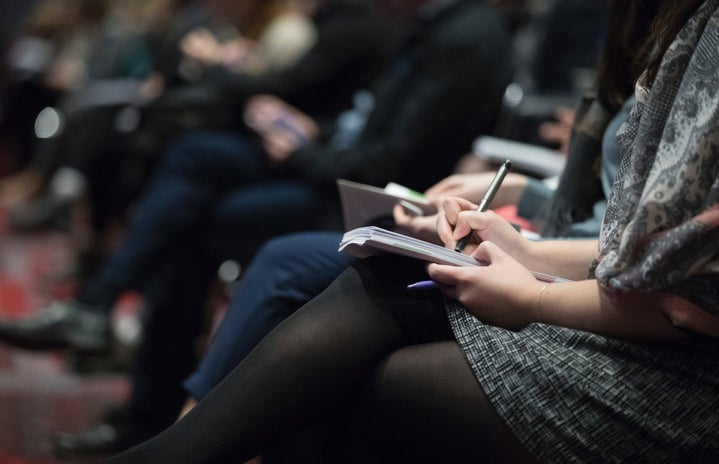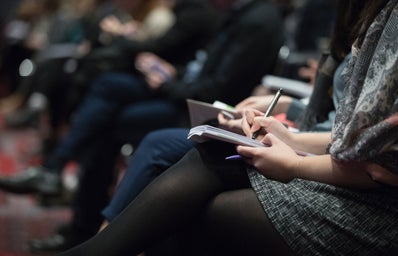Prestige, Manipulation, and Coercion: Elite Power Struggles in the Soviet Union and China after Stalin and Mao by Professor Joseph Torigian, hosted by the Clements Center
Throughout this lecture, I learned a lot about Leninist regimes and economic models. I really loved listening to this lecture, and I’d love to outline some of the big ideas talked about.
So, the lecture starts out by talking about older political science ways of looking at China and Authoritarian regimes verse what newer political views might be. One idea of the older view in political science that was discussed was that the leader who provides the best patronage model of popular policy is who is in charge, and this play into the economic model of outlook. In contrast, the newer way to look at it is the authority model. The authority model uses personal prestige and comprising material as a more important view than the dispensation of patronage for real policy differences. This, in turn, led to a society where the ministry has an outsized role.
We also looked at some of the leadership styles, policy differences, historical legacies, and compromising material. There were a few questions that were asked. We discussed who decides these parts of the party and determined that it is the Deliberators, The Decision-Making Body, and the Legitimacy of Behavior. We then asked who gets to enforce these ideas and how. It was shown that this is through the views of power ministries and the ultimate threat of coercion.
Then, the conversation went into whether or not institutions mattered due to corruption, and we determined that yes, they did matter. However, it was basically like a knife fight with weird rules. The rules include that competitors will go to great lengths to make it appear that they were legitimate, they won’t resort to any more force than necessary, the loser of a political fight will not defect, and the power ministries are not an independent force – they are ‘invited’ in.
In the lecture, the part I found most interesting was the ideas of “The Gang of Four” and how they were very unpopular. The two leaders within this that I found most confounding were The wife of Mao, Jiang Qing, and Zhang Chunqiao who was essentially Mao’s secretary, at least that’s how he defined himself. Jiang Qing comes across as a very complicated individual. Although she was not typically very remorseful, primary sources suggest that she reached out to old revolutionaries, essentially engaged in some form of self-criticism (basically saying that she was sorry for her role in the violence of the cultural revolution, without saying sorry), and distancing herself from that violence. She recognized that there were bad elements of the cultural revolution. Additionally, Zhang Chunqiao was basically the ideological center of this group. He’s a lot more interesting than we used to think. We looked at some of his words from primary sources and they indicate that he still cared about the economy. However, he was terrified of Mao. He told people that he was Mao’s secretary and that his job was to explain Mao, rather than go beyond Mao. He did not represent his own cohesive political platform. They were seen as upstarts and they did not command very much respect within the party.
This lecture was really interesting to listen to and I really appreciate the Clements Center for hosting this event! And a special thank you to Professor Joseph Torigian from American University for a great and engaging lecture!


